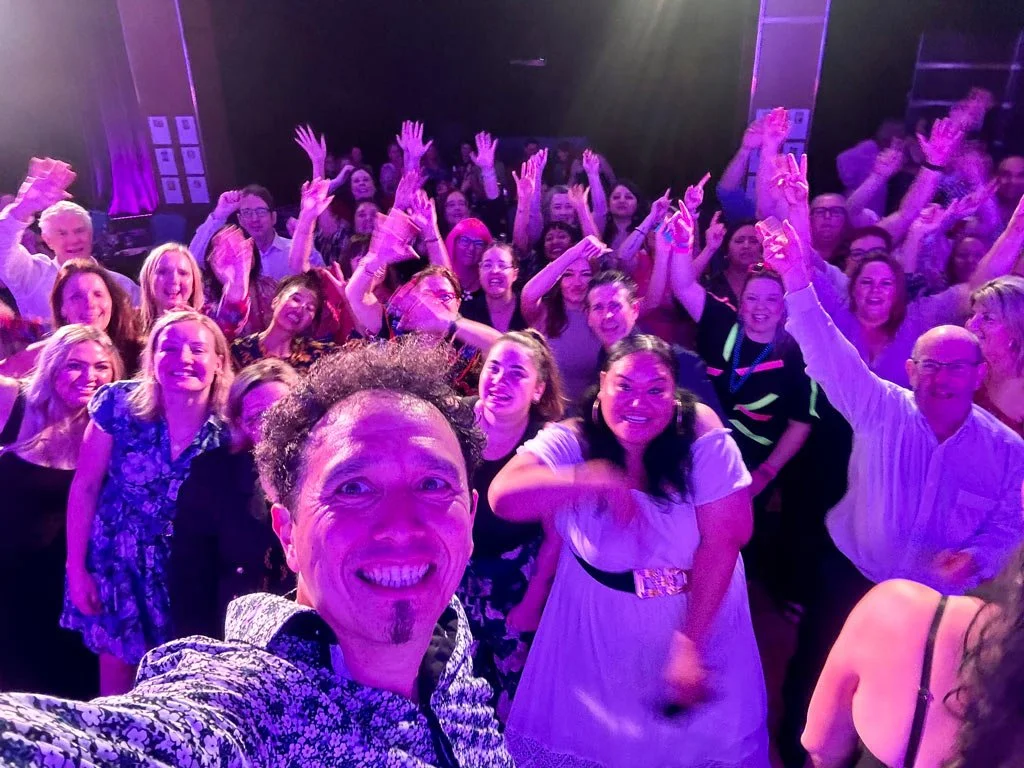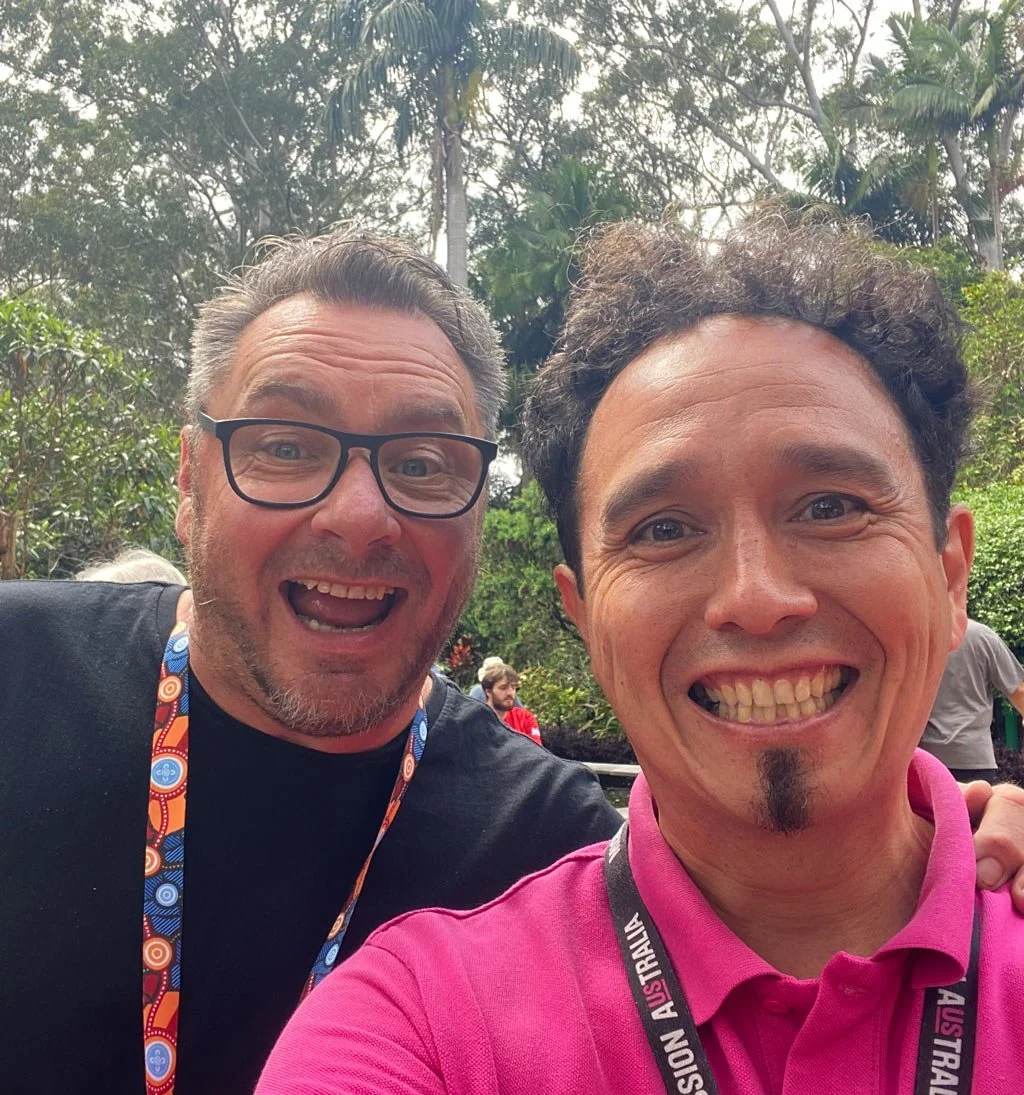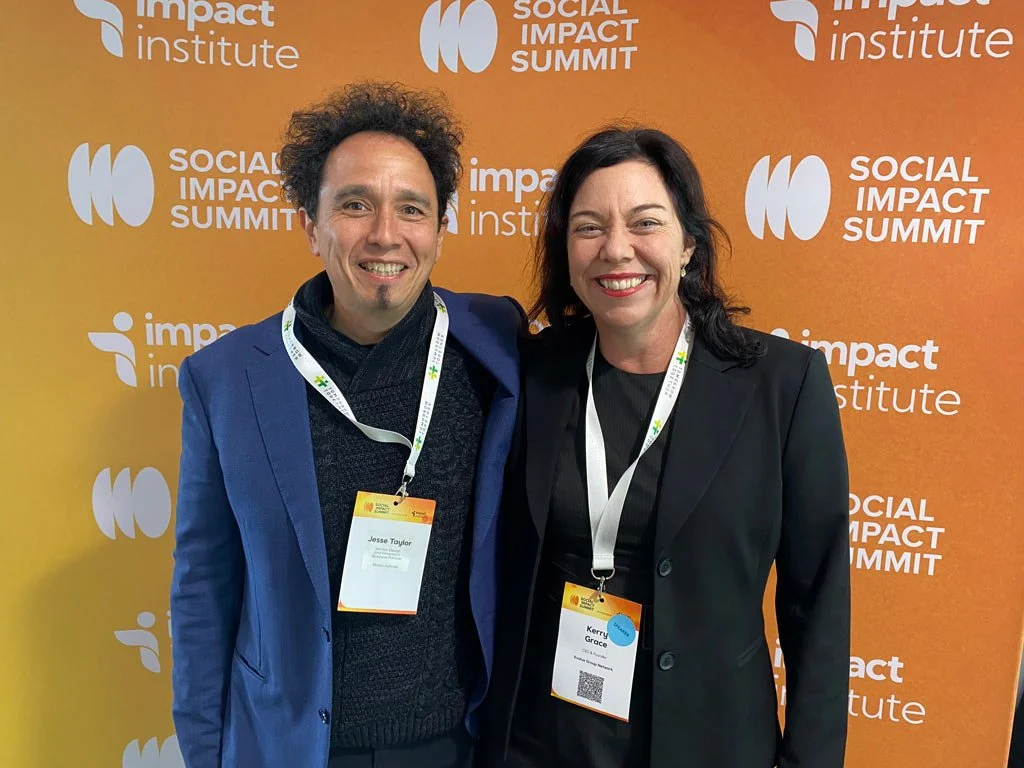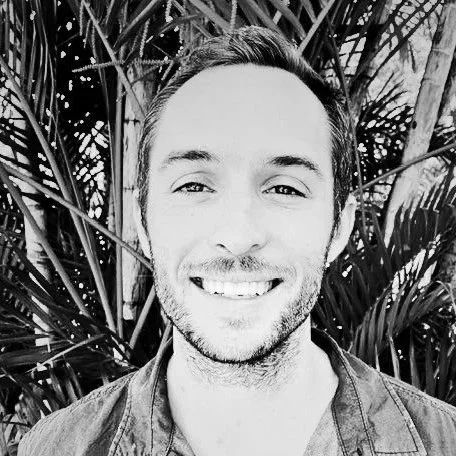Jesse Taylor On Strengthening Regional Communities Through Place-Based Systems Leadership
Jesse Taylor is a recognised leader in community development and social housing, with over 20 years of experience across Australia and the United States. Passionate about building inclusive, thriving communities, Jesse specialises in multi-sector collaboration, strategic engagement and place-based social impact initiatives.
In his dual roles as Community Development Manager and National Grants Manager at Mission Australia Housing, Jesse leads strategic funding, partnership development and capacity-building efforts that strengthen the community housing sector and support tenant-led innovation.
He also serves as the national Campaign Manager for Mandatory Inclusionary Zoning (MIZ) through The Constellation Project, advocating for housing policies that embed affordable housing quotas in new developments to address systemic inequality.
Jesse is the Founder of Community Development Australia – Community Housing Provider Network, a national platform advancing best practice, sector leadership and tenant voice in housing policy and development. Through his consultancy Oz Grants, he works globally at the forefront of emerging practice innovation.
Jesse holds a Master of Public Health from the University of Sydney and a Bachelor of Philosophy from Montclair State University (New Jersey). He is an alumnus of the Nonprofit Leadership Development Institute’s Senior Fellows Program at United Way NYC and Baruch College School of Public Affairs and a Coro New York Leadership Fellow.
Jesse discusses how place-based partnerships and systems literacy can transform regional communities, the role of community voice in housing reform, and strategies for securing impactful grant funding.
Highlights from the interview (listen to the podcast for full details)
[Tom Allen] - To start off, can you please share a bit about your background and what led to your passion in community development?
[Jesse Taylor] - My journey started in New York City as a community organiser. I was working with grassroots communities, building coalitions between diverse agencies. We were operating in marginalised areas driving campaigns. I was involved in one of the early presidential debates in 2004, and off the back of that, I was repeatedly contracted to lead national policy reform campaigns.
These early experiences opened the door for me to understand how community development functions, not as charity, but as something structural, political, and deeply relational. I also saw that even in some of the most under-resourced settings, communities often hold the solutions themselves, and that’s been a through line for me ever since.
My background in philosophy and public health gave me a strong ethical and systems lens, and I’ve been fortunate to apply these in both frontline and strategic roles in the US and Australia. Now that I’m based in regional New South Wales, I’ve been working to bridge local knowledge with national reform, trying to ensure community voice and regional innovation shape the future of housing and social policy.
Whether we’re thinking through place-based practice or from a national advocacy perspective, I’m motivated by a commitment to equity, shared power, and long-term systems change.
What are some of the major opportunities you’re observing to better support regional communities in tackling the social, cultural, and environmental issues you’ve witnessed?
I’d say one of the biggest opportunities lies in shifting how we operate—from transactional service delivery to genuine place-based partnerships. When funding, governance, and leadership are shared with communities and service partners, it creates a different dynamic. Regional areas are uniquely positioned to lead this shift because they already function through strong local networks and relational trust.
We’re seeing momentum in areas like social prescribing, where housing and health intersect to improve wellbeing through community connection. Environmental resilience is another area, particularly with the work we’ve been doing in the Taree area. It’s almost like a frontier region, and we’re engaging in foundational work with communities to prepare them for future environmental impacts from fires, floods, or heatwaves.
There’s significant potential to design community infrastructure and housing that is both socially and environmentally sustainable. But to do that effectively, we need long-term investment in regional capability. It’s not just about project funding.
By way of example, through my work with Community Development Australia, we’re exploring how regions can lead innovation not only in practice but also in governance and policy design. It’s about shaping systems that are more equitable, adaptive, and grounded in place.
What are some of your top tips to help purpose-driven organisations to be successful in landing funding and support to help their communities?
I teach quite a bit of grant writing around the state, and what I always say is that it starts with listening. It’s about having honest conversations with your partners and stakeholders and asking the big questions up front.
What do we actually need to make a real difference? This isn’t just what’s fundable, but what’s genuinely going to strengthen the work we’re doing together. Who’s got the ideas? How does it tie to evidence and innovation? What do we need to do to make it more contextually relevant?
From there, I suggest looking at leverage. Ask yourself how can you leverage your grants or your partners’ grants to bring in new services? What have you already built that can be grown or expanded? Where do your outcomes or KPIs overlap with others? How can you tell the story of your project in a way that centres placemaking and co-design, reflecting the strengths and priorities of the community? It’s not just about what’s wrong—it’s also about what’s strong.
When it comes to finding the right grants, I recommend getting on distribution lists like The Funding Centre or checking small grants registers. You can even do some strategic Googling. Grassroots groups or unincorporated collectives should also understand things like ABNs and auspicing arrangements; those can be game changers.
Then ask, what can we build on, and what do we already have to stretch our impact?" Often it’s through partnerships, adding capacity-building elements, or enhancing existing services that reach more people or enable something new.
A good grant writer is also a good researcher. Structuring your application clearly is key. QCOSS has a great open-source, the Grant on a Page template. It’s free, accessible, and helps break things down so you can better understand grant language: who’s involved, what’s happening, what’s going to change, and why it matters.
At the end of the day, a strong application is clear, concise, and compelling. It ticks all the eligibility boxes, aligns with the funder’s goals, and shows a solid plan for impact. Ideally, you also include some light-touch monitoring and evaluation. Your MEL framework (Monitoring, Evaluation, and Learning) should account for around 15% of your grant budget as a standard.
Grant writing doesn’t need to feel overwhelming. It’s about good strategy, strong partnerships, and making the value of your work obvious and believable to someone reading it for the first time.
I imagine the grant space is changing significantly with generative AI becoming involved. It’ll be interesting to see the weight relationships and trust carry prior to applications going in, right?
You’re totally right. A lot of people are using AI, but you still need to know what you’re talking about.
You need to know how to shape the work, and the relationships matter. You need to be on the phone with the funder explaining what you’re doing and understanding their needs. Whenever I’m working with someone, I always ask repeatedly about the eligibility criteria. Too often, we go through the entire process and realise we’ve missed one detail or assumed we could get around a criterion, only to find out at the end that we’re not eligible and can’t submit.
That said, no declined grant is ever a waste, because you’ve developed material that can support future applications. But we really do need to be 100% sure we are meeting all eligibility criteria before we start.
What are some standout traits you’ve observed in impact-led leaders and entrepreneurs you’ve worked with?
I think the future belongs to leaders who are courageous, collaborative, and systems literate. Impact-led leadership isn’t just about delivering programs. It’s about power: who holds it, how it’s shared, and how it’s used.
Strong leaders today must be grounded in equity and care, but also capable of navigating complexity, ambiguity, and change. They must be accountable to the communities they serve, including their partners, not just organisational key performance indicators. I believe in leaders who centre listening, who bring people in, build coalitions, and know how to hold space for diverse voices. That’s a big part of my own leadership ethos. I’m adaptive, relational, and oriented toward transformation and transformational change; not just reform.
What other inspiring projects or initiatives have you come across recently that are creating social change?
I’ve been really inspired by the momentum coming out of Social Impact in the Regions and the network surrounding it. It’s a powerful example of regional leaders and practitioners stepping up and not waiting for national frameworks, but instead designing and leading their own place-based responses to complex social challenges. It’s grassroots, innovative, and grounded in local knowledge. For all those reasons, the work of Chad [Renando] and Kerry [Grace] is just fantastic to support.
At a national level, I’ve been fortunate to be part of Community Development Australia’s Community Housing Provider Network. Through that, I’ve gained insight into some of the best practice community development work happening in the community housing sector.
Facilitation is key to the leadership work we’re doing, and through that network, we’ve been able to create a platform for participation. We’re developing a shared language and a set of standards that reflect the real work occurring in communities, while advocating for its recognition at a policy level.
One initiative that’s come out of this, funded by the NSW State Government, is the Placemaking Project, delivered in partnership with the UK’s Housing Quality Network. Together, we’re exploring contemporary models of community development and social housing. These projects are pushing boundaries by embedding circular economic principles and cooperative management models that foster intergenerational equity and stronger community control into their work.
What ties all of these efforts together is a shift in mindset from service delivery to systems leadership, and from short-term programs to long-term community infrastructure.
To finish off, what books or resources would you recommend to our audience?
I’ve just started reading a book called Participatory Development Practice, co-authored by Anthony Kelly and Peter Westby. It’s a great read for people working in our field. Another classic I’d recommend is Rules for Radicals by Saul Alinsky. Then there’s Evaluation in a Nutshell by Adrian Bauman; he was one of my professors at the University of Sydney.
Across all of these ideas, I think the key takeaway is the importance of how we use voice, whether it’s tenant voice or community voice, to advocate for systems that are just, inclusive, and sustainable.
Initiatives, Resources and people mentioned on the podcast
Recommended books
Participatory Development Practice: Using traditional and contemporary frameworks by Anthony Kelly & Peter Westoby
Rules for Radicals: A Pragmatic Primer for Realistic Radicals by Saul Alinsky
Evaluation in a Nutshell: A Practical Guide to the Evaluation of Health Promotion Programs by Don Nutbeam & Adrian Bauman









